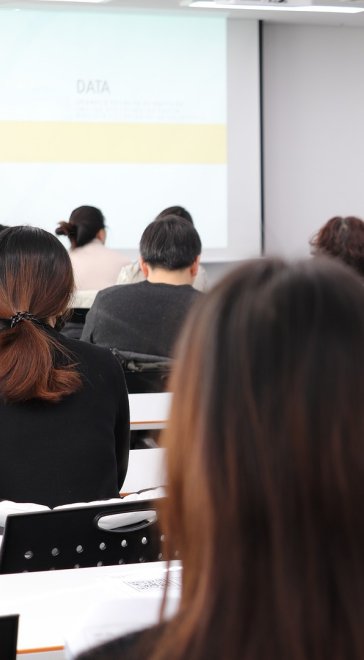Fundamental Principes of Learning
The stunning success of deep learning (DL) over the past decade is a puzzling natural phenomenon of great scientific interest. This success has been demonstrated through a plethora of convincing experiments, and yet it is crying out for a thorough scientific understanding through foundational research. I believe that there must exist theoretical principles of learning and intelligence underlying those network architectures, that perform so well in learning tasks
I will review some of the main recent results in understanding the three parts of modern deep learning: approximation, generalization and optimization. In particular, I will focus on the new principles of compositional sparsity that explains much of approximation and generalization.
This initiative is part of the “Ph.D. Lectures” activity of the project "Departments of Excellence 2023-2027" of the Department of Mathematics of Politecnico di Milano. This activity consists of seminars open to Ph.D. students, followed by meetings with the speaker to discuss and go into detail on the topics presented at the talk.
Contatto: paolo.zunino@polimi.it
Tomaso A. Poggio, is the Eugene McDermott Professor at the Department of Brain and Cognitive Sciences; Co-Director, Center for Biological and Computational Learning; Member of the Computer Science and Artificial Intelligence Laboratory at MIT; since 2000, member of the faculty of the McGovern Institute for Brain Research. Born in Genoa, Italy, he received his Doctor in Theoretical Physics from the University of Genoa in 1971 and was a Wissenschaftlicher Assistant, Max Planck Institut fuer Biologische Kybernetik, Tuebingen, Germany from 1972 until 1981 when he became Associate Professor at MIT. He is an honorary member of the Neuroscience Research Program, a member of the American Academy of Arts and Sciences and a Founding Fellow of AAAI. He received several awards such as the Otto-Hahn-Medaille Award of the Max-Planck-Society, the Max Planck Research Award (with M. Fahle), from the Alexander von Humboldt Foundation, the MIT 50K Entrepreneurship Competition Award, the Laurea Honoris Causa from the University of Pavia in 2000 (Volta Bicentennial), the 2003 Gabor Award, the 2009 Okawa prize and 2009 Okawa prize and the American Association for the Advancement of Science (AAAS) Fellowship (2009). He is one of the most cited computational neuroscientists (with a h-index greater than 149 – based on GoogleScholar).

